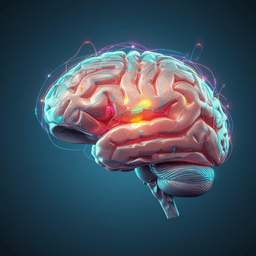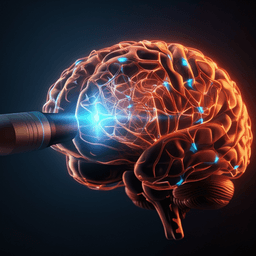
Physics
Spontaneous emergence of rudimentary music detectors in deep neural networks
G. Kim, D. Kim, et al.
This exciting study by Gwangsu Kim, Dong-Kyum Kim, and Hawoong Jeong unveils how deep neural networks can spontaneously develop music-selective units when trained on natural sounds, suggesting a fascinating link between artificial systems and human auditory processing!
Related Publications
Explore these studies to deepen your understanding of the subject.







